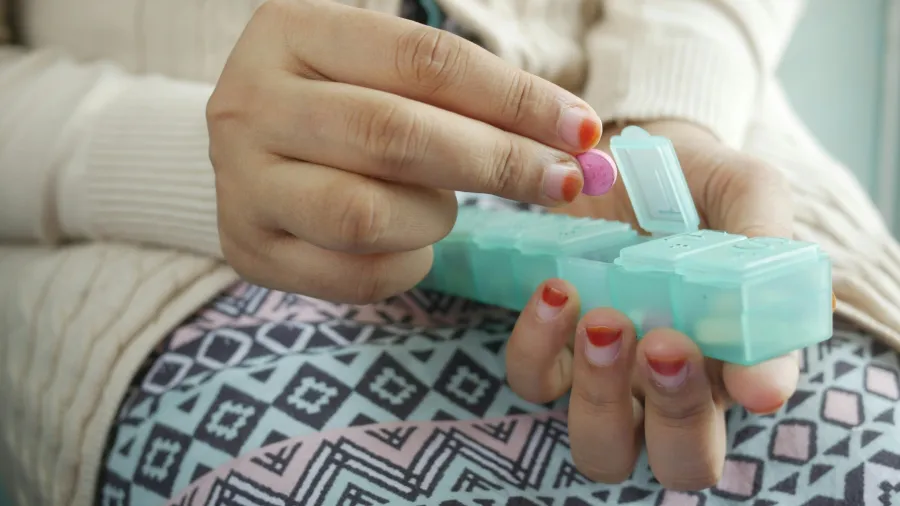
Organisations in healthcare value chain call for gender equity in the industry
Forty organisations have advocated for expanded awareness and funds on women’s health.
Global consultation firm Kearney and 40 other organisations in the healthcare value chain called on players in the sector to improve gender equality have released an open letter addressed to all players in the sector calling for the improvement of gender equity.
In the open letter, the organisations emphasised the prolonged history of inadequate awareness, data, infrastructure, funding, bias, and discourse for gender equity in global healthcare, contributing to adverse health outcomes for women all over the globe.
Other signatories in the healthcare value chain include Ferring, UCB, Roche, GE Healthcare, SAP, Salesforce, Tech Mahindra, and Microsoft.
Gender bias has greatly impacted the healthcare ecosystem, with the most recent data stating that 3% of digital health funding went to women’s health digital start-ups in 2020. Other prominent examples include the research and development for pain medication, with 80% only being tested on men or male mice.
Education and public awareness of women’s health have also seen inattention, with 41% of UK medical schools not including menopause education in the curriculum and women in Southeast Asia experiencing a lack of resources for the treatment of cervical cancer, despite being the second most common cancer in women.
In total, women are likely to wait four years longer than men to receive a diagnosis, seven times more likely to have a heart condition misdiagnosed, 44% likely to die from complications of type 1 diabetes, and 52% more likely to experience a negative response to medical drugs.
ALSO READ: India leads healthcare private equity deals in APAC
The letter urges players in the sector to make a lasting commitment to women’s health, from an economic to social level. In terms of finances, a report by the World Economic Forum has estimated that "investments addressing the women’s health gap could potentially boost the global economy by $1t annually by 2040”.
However, healthcare providers and companies can address the issue down to six principles:
- Increase awareness around women’s health
- Expanding curriculums covering women’s health
- Increasing volume of research trials
- Building women-centric integrated care pathways
- Ensuring gender-specific healthcare data sets
- Boosting funding for women’s health
“There is an urgent need to increase awareness around women’s health, reduce misdiagnosis, and overall, boost gender equity in healthcare. This involves an industry-wide effort and requires all actors and stakeholders across Asia’s healthcare ecosystem to work together and enact significant changes and move the needle,” Stephanie Allen, Senior Partner at Kearney, stated.



















 Advertise
Advertise






